Peanuts deliver protein, vitamins, minerals, and antioxidants. They may offer additional health advantages, such as increasing satiety and potentially helping protect against cardiovascular disease.
Peanuts (Arachis hypogaea) are a leguminous crop that originated in South America.
They are known by several names, including groundnuts, earthnuts, and goobers.
Despite their common name, peanuts are not related to tree nuts. As legumes, they are kin to beans, lentils, and soybeans.
In the United States, peanuts are seldom eaten raw; they are most commonly enjoyed roasted or as peanut butter.
Other peanut-derived products include peanut oil, peanut flour, and peanut protein powders. These ingredients are used in many foods, such as baked goods, confections, snacks, and sauces.
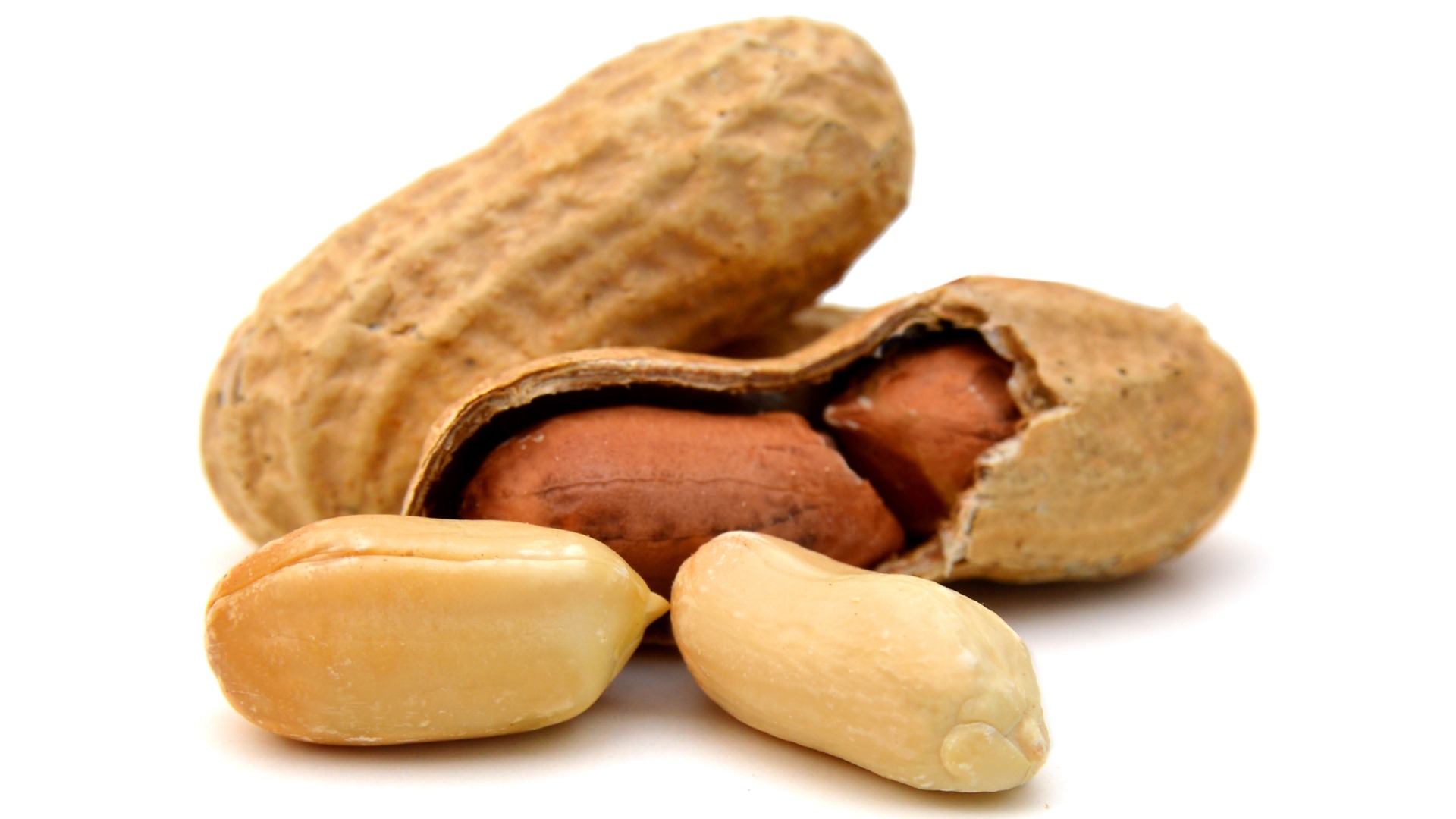
Peanuts are rich in protein, fats, and various beneficial nutrients. Research indicates that peanuts may even aid weight management and are associated with a lower risk of heart disease.
This article covers everything you should know about peanuts.
Nutrition facts
Below are the nutritional values for 3.5 ounces (100 grams) of raw peanuts:
- Calories: 567
- Water: 6.5%
- Protein: 25.8 grams
- Carbs: 16.1 grams
- Sugar: 4.7 grams
- Fiber: 8.5 grams
- Fat: 49.2 grams
- Saturated: 6.28 grams
- Monounsaturated: 24.43 grams
- Polyunsaturated: 15.56 grams
- Omega-3: 0 grams
- Omega-6: 15.56 grams
- Trans: 0 grams
Fat in peanuts
Peanuts contain a high proportion of fat.
They are classified as oilseeds, and a substantial share of global peanut production is processed into peanut oil (arachis oil).
The fat content is roughly 49% and is predominantly made up of mono- and polyunsaturated fats, chiefly oleic and linoleic acids.
Peanut proteins
Peanuts are a noteworthy source of protein.
Protein constitutes approximately 22–30% of their total calories, making peanuts an excellent plant-based protein option (2, , ).
The most prevalent peanut proteins, arachin and conarachin, can trigger severe allergic reactions in some individuals, sometimes with life-threatening consequences.
Carbs
Peanuts are low in carbohydrates.
The carbohydrate proportion is only about 13–16% of their total weight.
Because they are low in carbs but high in protein, fat, and fiber, peanuts have a very low glycemic index (GI), which measures how quickly carbohydrates raise blood glucose after eating (6).
This quality makes them suitable for people with diabetes.
Vitamins and minerals
Peanuts provide a range of vitamins and minerals, including:
- Biotin. Peanuts are among the richest food sources of biotin, which is important during pregnancy.
- Copper. A trace mineral often low in Western diets; insufficient copper intake may negatively affect cardiovascular health.
- Niacin. Also called vitamin B3, niacin serves many roles in the body and has been associated with a lower risk of heart disease.
- Folate. Also known as vitamin B9 or folic acid, folate performs vital functions and is particularly important during pregnancy.
- Manganese. A trace element found in water and most foods.
- Vitamin E. An antioxidant commonly present in fatty foods.
- Thiamine. Known as vitamin B1, thiamine helps cells convert carbohydrates into energy and is essential for heart, muscle, and nervous system function.
- Phosphorus. Peanuts are a solid source of phosphorus, a mineral important for growth and tissue maintenance.
- Magnesium. An essential mineral with multiple roles, adequate magnesium intake is thought to protect against heart disease.
Other plant compounds
Peanuts house numerous bioactive plant substances and antioxidants.
They are, in fact, comparable in antioxidant content to many fruits (13).
Most antioxidant content resides in the peanut skins.
Still, the peanut kernels contain:
- p-Coumaric acid. A polyphenol that is one of the principal antioxidants in peanuts (13, ).
- Resveratrol. A potent antioxidant linked to reduced cancer and heart disease risk, resveratrol is also famously present in red wine.
- Isoflavones. A group of antioxidant polyphenols associated with various health effects.
- Phytic acid. Present in seeds, including nuts, phytic acid can hinder absorption of iron and zinc from peanuts and other foods consumed simultaneously.
- Phytosterols. Peanut oil contains significant quantities of phytosterols, which reduce cholesterol absorption in the gut.
Weight loss
Peanuts have been extensively researched in relation to weight control.
Despite their high calorie and fat content, peanuts do not seem to promote weight gain.
Observational research has shown that eating peanuts may help preserve a healthy weight and lower obesity risk.
These are observational studies, so they cannot establish cause and effect.
However, a small 6-month trial in healthy women suggested that when other dietary fat sources in a low-fat diet were replaced with peanuts, participants lost about 6.6 pounds (3 kg) even though they were instructed to keep their weight stable.
Another trial found that adding 3 ounces (89 grams) of peanuts daily to the diet of healthy adults for 8 weeks did not produce the expected weight gain.
Several mechanisms make peanuts conducive to weight control:
- They lower overall food intake by increasing satiety more than some common snacks, like rice cakes.
- Because peanuts are filling, people tend to offset increased peanut intake by eating less of other foods.
- If whole peanuts are not chewed thoroughly, part of them can pass through the digestive tract unabsorbed.
- Their high protein and monounsaturated fat content may modestly increase calorie expenditure.
- Peanuts provide insoluble dietary fiber, which is associated with a decreased risk of weight gain.
Other health benefits of peanuts
Beyond being compatible with weight control, peanuts are linked to several other health advantages.
Heart health
Cardiovascular disease remains a leading cause of death globally.
Observational data suggest that consuming peanuts and other nuts may lower the risk of heart disease.
These protective effects are likely due to several factors.
Notably, peanuts supply multiple heart-supporting nutrients, such as magnesium, niacin, copper, oleic acid, and antioxidants like resveratrol.
Gallstone prevention
Gallstones affect an estimated 10–25% of adults in the United States.
Two observational studies indicate that regular peanut consumption may reduce gallstone risk in both men and women.
Since many gallstones are primarily cholesterol-based, peanuts’ cholesterol-lowering properties could explain this association.
More research is required to confirm these findings.
Adverse effects and individual concerns
Aside from allergies, peanut consumption is not commonly associated with many adverse effects.
Nonetheless, some health concerns warrant attention.
Aflatoxin poisoning
Peanuts can occasionally be contaminated by a mold (Aspergillus flavus) that produces aflatoxin.
Symptoms of aflatoxin exposure include loss of appetite and yellowing of the eyes (jaundice), both common indicators of liver trouble.
Severe aflatoxin exposure can result in liver failure and liver cancer.
The probability of aflatoxin contamination depends on storage conditions; it rises with warm, humid environments, particularly in tropical regions.
Aflatoxin risks can be minimized by thoroughly drying peanuts after harvest and maintaining low temperature and humidity during storage.
Antinutrients
Peanuts contain several antinutrients—compounds that can impair nutrient absorption.
Among these, phytic acid is especially notable.
Phytic acid (phytate) is present in all edible seeds, nuts, grains, and legumes. In peanuts, it ranges from 0.2–4.5%.
Phytic acid decreases the availability of iron and zinc in peanuts, slightly diminishing their nutritional value.
This is generally not a problem in balanced diets or for people who eat meat regularly, but it can be an issue in low-income regions where staples are mainly grains or legumes.
Peanut allergy
Peanuts rank among the most common food allergens.
About 1% of Americans are estimated to have a peanut allergy.
Peanut allergies can be life-threatening, and peanuts are often regarded as one of the most severe food allergens.
Individuals with this allergy must avoid all peanuts and peanut-containing products.
The bottom line
Peanuts are both widely enjoyed and nutritious.
They’re a superb plant-based protein source and supply numerous vitamins, minerals, and phytochemicals.
Peanuts can be part of a weight-loss plan and may lower the risk of heart disease and gallstones.
However, because they are calorie-dense and high in fat, peanuts should be consumed in moderation.

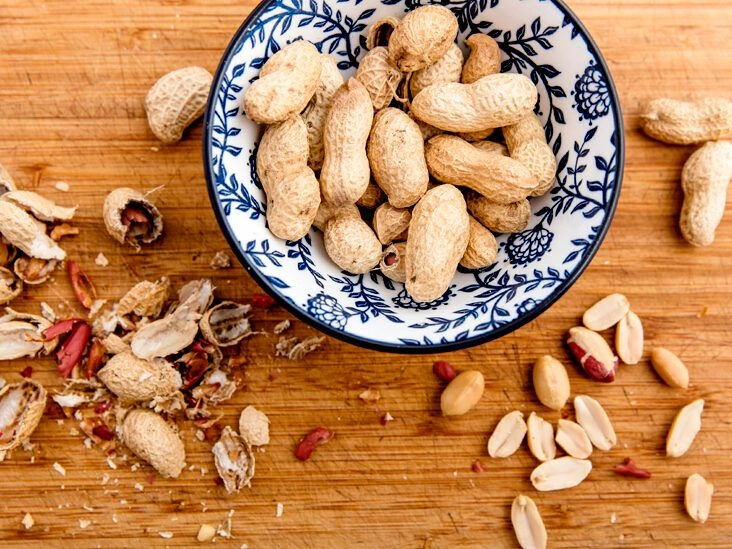


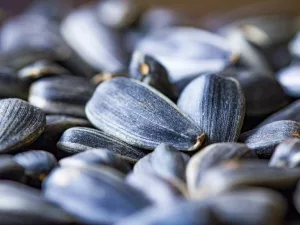




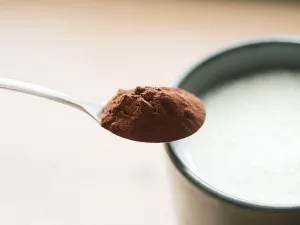


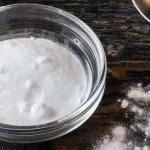








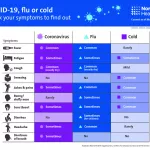

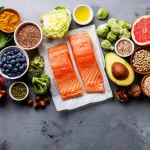
Leave a Reply
You must be logged in to post a comment.